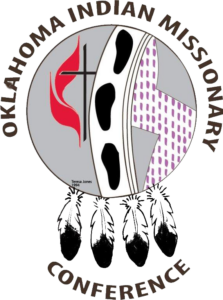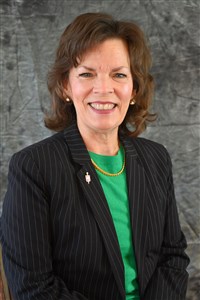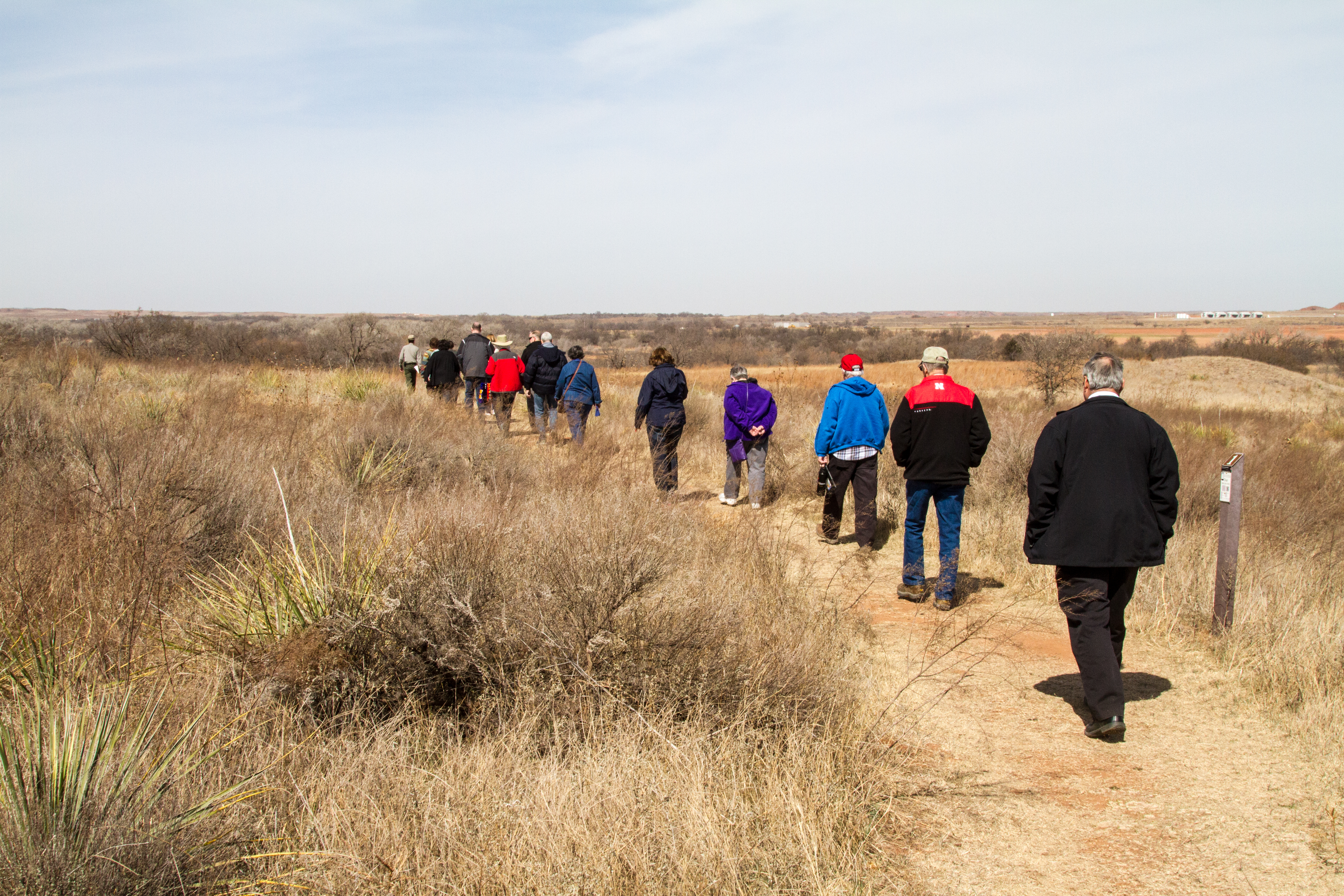
OIMC Advance Projects:
Construction Project
Advance # 583633
Parish Partners
Advance # 583634
Native American Children’s Fund
Advance # 583581
Month: January 2019
-
What won’t be missed at Super Bowl LIII
By The Rev. David Wilson What I look forward to at Super Bowl LIII is something that won’t be there. With the Rams verses the Patriots, there are no need…
-
Native United Methodists join march for Indigenous Peoples
On Jan. 18, young adults from The Oklahoma Indian Missionary Conference (OIMC) will travel to Washington, D.C. to participate in the first annual Indigenous Peoples March to bring awareness to…
Contact Information
Conference Headquarters
602 SW 35th
Oklahoma City, OK 73109
Office: 405-632-2006
Fax: 405-632-0209
Resident Bishop:

Bishop Laura Merrill
1501 NW 24 Street
Oklahoma City, Oklahoma 73106
405-530-2000
Assistant to the Bishop:
Rev. Margaret Johnson
mjohnson@oimc.org
Director of Connectional Ministries:
Rev. Donna Pewo
Administrative Assistant:
Linda Draper
Northeast Region Superintendent:
Southeast Region Superintendent
Rev. Jami Moss
jmoss@oimc.org
Southwest Region Superintendent:
Rev. Julienne Judd
jjudd@oimc.org
SUPPORT OUR MINISTRIES
Search Our Site

